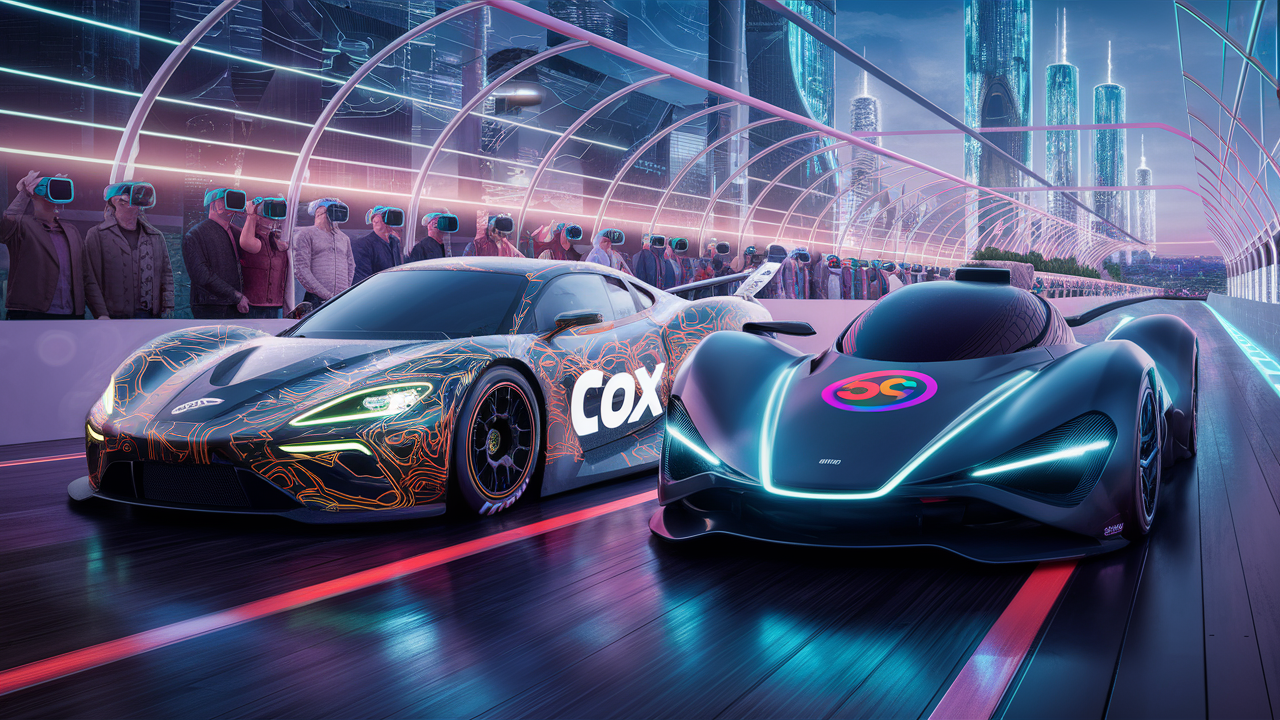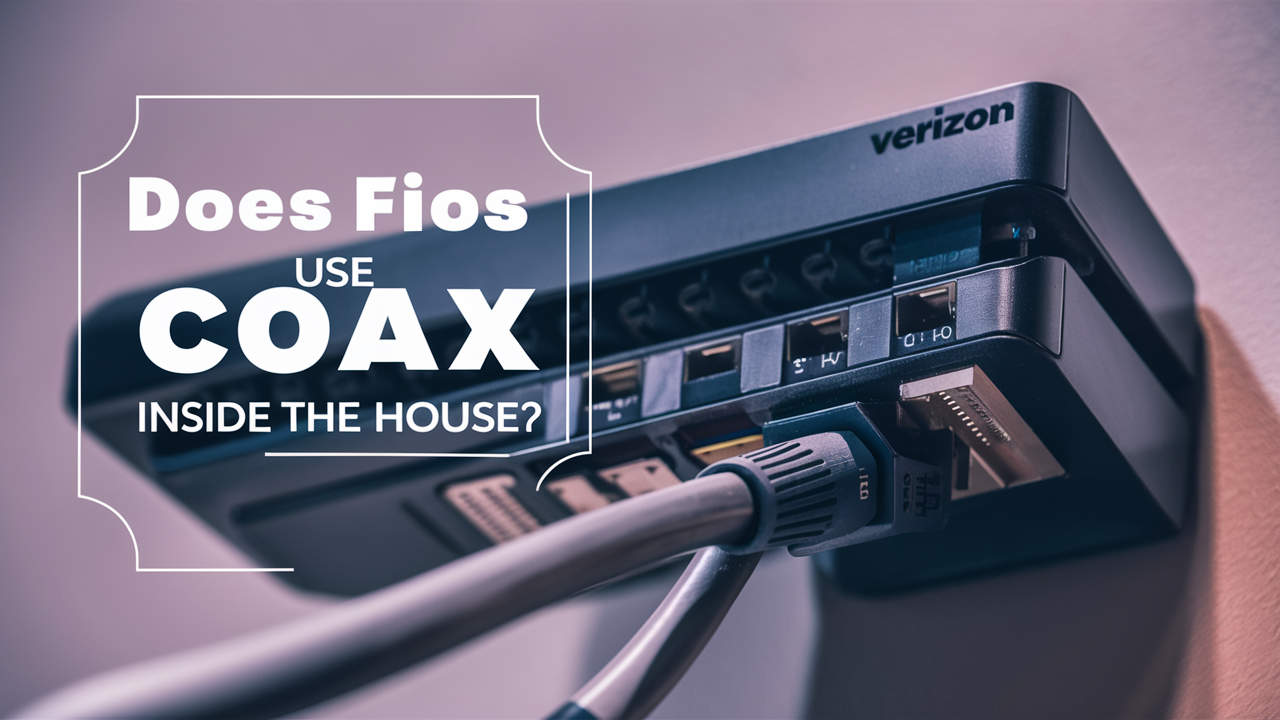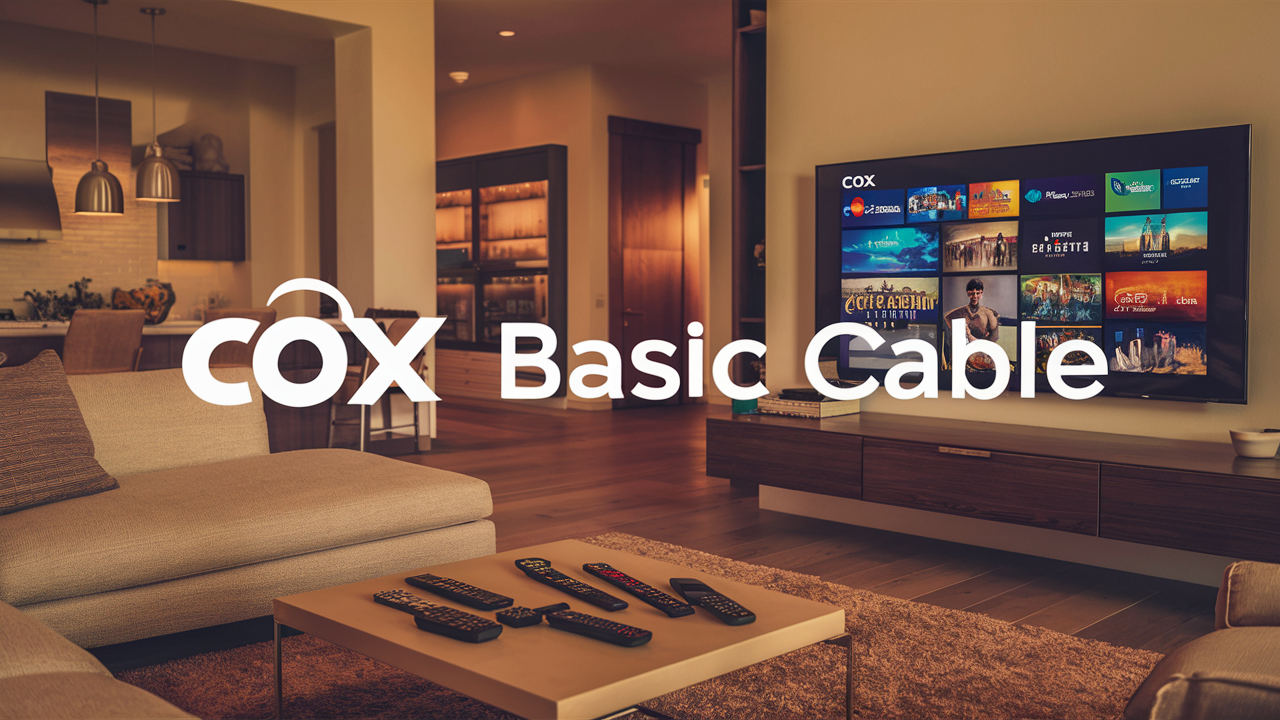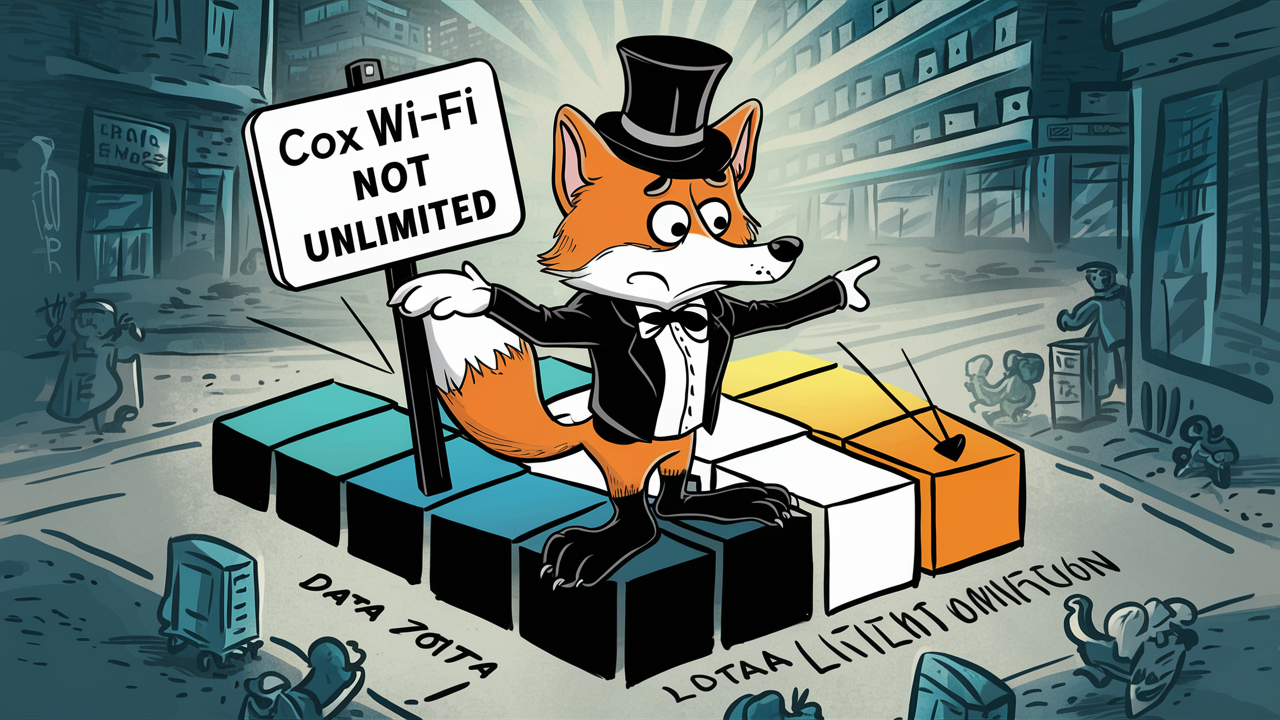Is Cox Faster than 5G?

The availability of 5G services in wireless networks makes various users curious about how this 5G wireless technology is different from the normal home internet services such as those provided by Cox Communications. With the new advanced technology of 5G emerging with increased speed, low latency, and high capacity, people are wondering if they can still rely on service providers such as Cox. This work aims to look closer into the Cox internet speed, latency, reliability, availability, and cost as well as compare it with the 5G to provide an insight into this new competition in the home internet market.
Speeds
In terms of download and upload speeds, it is evident that 5G can offer a better solution than what Cox has to provide. According to the theoretical limit defined by the 5G standard, the maximum download speed is 20 Gbps while the fastest residential plan offered by Cox is gigabit, which equals 1,000 Mbps. But, the real-world 5G connection speed is not going to rise to that level in the starting. Current initial commercial 5G networks are currently providing download speed capability of 200- 700 Mbps on average. In contrast, Cox has just started rolling out a gigabit plan that provides, at most, 1 Gbps download speeds.
Thus, it will be possible for 5G networks to overtake Cox Internet rather soon in terms of the maximal attainable speeds, but for the time being, Cox is ahead of 5G. However, Cox’s lower speed tiers have significantly slower internet speeds than even the base 5G, with download speeds ranging between 10 to 100 Mbps.
The same is true for upload speeds. In terms of data transmission speed, 5G is theoretically capable of up to 10 Gbps for uploads. Under the gigabit plan, Cox offers a download speed of 1,000 Mbps and an upload speed of 35 Mbps. Here once more, the 5G has higher potentiality for the further period, yet Cox has comparative advantages in the present period in terms of deploying the technology.
Latency
The term used here is Latency, it means the amount of time it takes for a message to pass through the network. This is a critical parameter for real-time applications such as those involving gaming, video and voice calls, etc It should be noted that 5G is designed to significantly reduce latency compared to 4G with the aim of below 10ms. The current live trials and initial 5G networks show that the average latency is in the range of 18ms – 28ms.
In contrast with this, Cox Communications’ marketing strategies claim that its high-speed plans have a network delay of 10-30ms. Indeed the latency profiles may be similar at present, however, 5G does seem to be ahead of it and could hold better or even enhance further. This provides it with better response time to suit real-time interactive applications.
Reliability
The term reliability gives a measure of how stable an internet connection is without delays or disconnects. This is an area where traditional wired broadband companies such as Cox Communications still have a clear edge on new 5G networks. Cox has very good service and they ensure that download speeds are delivered most of the time at least 90%. They are also less frequent in wired technologies rather than wireless technologies such as 5G.
The initial implementations of 5G have been critiqued for speed and reliability, particularly in early networks. Some barriers to the 5G network include lack of coverage, interference by buildings, and weather interference, among others. Generally, over the next few years as networks grow and evolve 5G should become more reliable. Yet, there is still better reliability now that Cox has to provide.
Availability
The biggest weakness of 5G at the moment is the fact that it is still available in only limited markets. Nevertheless, while Verizon, AT&T, and T-Mobile proceed with the construction of 5G across the country, the latter is only limited to some neighborhoods of some cities. Thus, Cox Communications is a company that covers 18 states and provides services for more than 6 million residential customers.
Although Cox internet is readily available to homes in its areas of operation, 5G connectivity is still very limited, reducing the number of people who can take advantage of the higher speeds. Currently, the carriers’ 5G availability is limited compared to Cox’s coverage, which is much more extensive.
Pricing
Pricing offers an upside-down image of this speed race. Affordable low-tier 5G offers are not as expensive as one might think and are in the $50 – $60 per month range. However, those base plans come with data allowances within the range of 30-50 GB which is very restrictive when it comes to internet services. Actual 5G services that offer unlimited plans in the present are more expensive at about $90 per month. While Cox itself offers basic internet service at $60-$70 for up to 150Mbps without data limits.
Therefore, the only way 5G pricing is currently competitive with the factoring restrictions is the aforementioned main capped plans at the entry-level. On the other hand, Cox offers very steady speeds at fairly decent prices across all its plans which aren’t capped in data. But if 5G carriers use those initial pricing targets for unlimited plans as availability grows they could have a significant cost advantage over cable.
Which one is quicker now?
When comparing the current speed and reliability in today’s world with Cox Communications, it can be suggested that it is still faster and more reliable than the first options for early 5G networks. Cox provides gigabit speeds whilst the 200 – 700 Mbps average is on commercial 5G networks.
Stability and accessibility also remain advantageous to Cox at this stage due to its advanced wired network with the presence of different regional offices. But as 5G coverage increases in the next 2-3 years and new features on the network such as ultra-low band 5G improves performance then the speed and responsiveness should improve significantly.
The Bottom Line
At the moment, Cox Communications offers more utilization of performance compared to other initial 5G networks. However, the future advancements of 5G seem to be more promising as the carriers consider adding more infrastructure. Hence, if 5G theoretically delivers in the next few years what it promises, then Cox’s home internet speeds will face competition like never before.
Nevertheless, wired networks have inherent strengths that cable providers can still depend on, for instance, reliability and capacity. In the end, consumers are the most likely to benefit the most from this more intense race to offer faster pipes as Cox and 5G networks start to compete to provide the quickest pipe into homes and devices. However, Cox pledges to continue protecting its home Internet territory as well as the wireless and wireline technologies merged.
Ready to upgrade your internet experience? Call us now at +1 844-349-7575 to explore the best Cox Internet plans for your needs!





